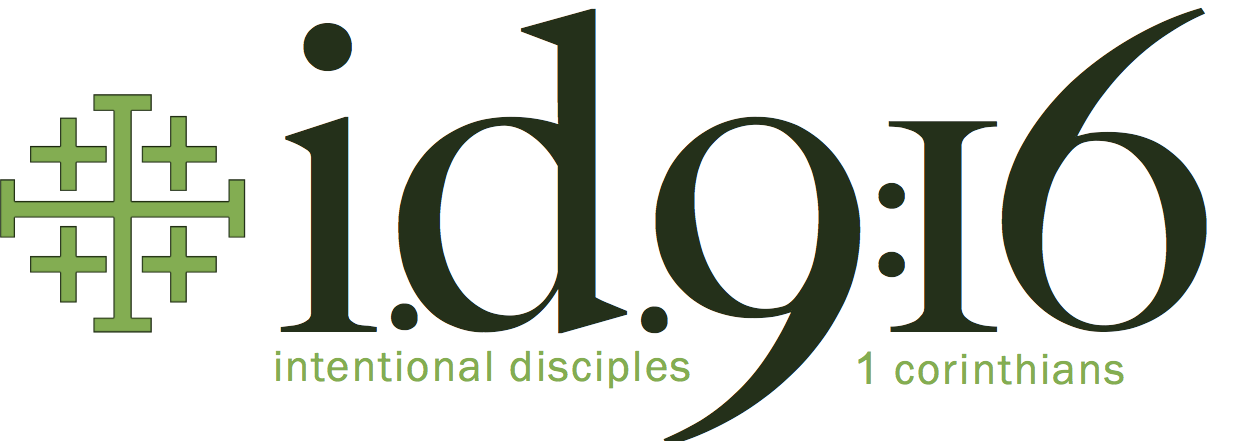A recent blog post quoted Chesterton on the topic of ‘fitting in.’ His unconquerable wisdom showed us how, oddly enough, each generation is converted by the saints who contradict it the most.
An interesting question follows: in what ways does our generation and its attendant culture need to be contradicted the most (i.e. what would the life of a ‘saint’ life look like today?) Yes, there are quite a few answers to that question. But let’s propose just one here today.
It doesn’t take long – in the more reflective moments of reading about ages past or asking old family members things like, ‘What’s changed the most since you were a kid?’ or just pondering one’s weekly schedule – to realize a fact that is so darn obvious that we often fail to see it: our times are characterized by overwhelming, nearly dictatorial, complexity.
This takes next to no convincing at all. Consider the mountain of legal, economic, electric and mechanized structures that have to be established and maintained for you to simply drive to work in the morning. And this daily activity is just one example. The things that make up the fabric of our lives are like a thick forest. Man has indeed invented many things to make life easier and more comfortable, but if we raise our heads just a little and take in the sum total of that criss-crossing web of systems and stuff, it nearly blots out the sun. It is a many-tentacled juggernaut that creates an awful lot of mental, physical and spiritual noise in our everyday lives.
(An aside: If anyone doubts this, I challenge you to spend a week in the mountains with nothing but necessities and see if you don’t experience a preliminarily distressing withdrawal that gives birth to an emancipating levity.)
Unprecedented worldly complexity is surely a sign of our times. But, can it drag us away from God? Can it affect us interiorly? Well, why not give the floor to Jesus and see what He has to say on the matter (it’s usually pretty good.)
Martha, Martha, you are anxious and troubled about many things; one thing is needful. (Luke 10:41)
Blessed are the pure in heart, for they shall see God. (Matthew 5:8)
Jesus’ words themselves are not complex, nor do they counsel complexity. Yet, they are a deep ocean of refreshing riches. Let’s dive in.
What is purity of heart? It is emphatically not to be conflated with chastity. It is much more than what we often refer to as ‘purity.’ Purity of heart means a singleness of purpose (like a heartbeat), a decontaminated desire that sets its sights on “the one thing necessary” and Him alone. It means to will only one thing. In this sense, purity means oneness and wholeness. Just as pure water has nothing in it except water, so the pure in heart have no dust particles clouding their line of vision to God. Thus, a pure heart is a simple heart.
Again the objection could arise: this is internal, spiritual simplicity – what does external, material simplicity have do with that?
One of the great sages of our time, Peter Kreeft, in one of his lesser known books on the moral life has an obscure chapter entitled “Simplicity” that asks this very question. He responds like so:
Because external simplicity is very closely related to internal simplicity, to the “purity of heart” Jesus calls for. A simple lifestyle is a powerful aid to a simple heart. It aids simplicity of heart for the same reason bodily kneeling aids humility of spirit in prayer. Our spirit learns from our body…In other words, here is the fundamental argument: If you have simplicity of life, you will probably have simplicity of spirit. If you have simplicity of spirit, you will be a better person. Therefore if you have simplicity of life, you will probably be a better person. (Pg. 148, Making Choices)
For this reason, Kreeft argues against living in the grasp of the “tentacles” of the “octopus [that] is our modern society”, which is full of “dark ink” and “strangling” tendencies. How? Through simplicity:
I do not counsel flight but fight; not running away from the complex octopus of modern society but using the tentacles of the octopus without being used by them, swimming in and out freely. Simplicity is the oil that greases our backs and prevents the octopus from grabbing hold of us. (Pg. 149, Making Choices)
So, if this complexity is the texture of our world today, and if that complexity can, as Kreeft posits, pull us away from the Lord, what are we (keeping Chesterton in mind) as disciples of Christ to do?
As always, the apparent truth is at once convicting and vivifying: Perhaps we need to simplify our lives.
How? Kreeft has life-changing suggestions (that I won’t explain, you should seriously read this chapter – it’s marvelous):
- Taking back time by doing timeless things
- Sleeping closer to the sun’s schedules
- Living a poorer (which is, paradoxically, richer) life with less ‘stuff’
- Taking more time for silence (and the things silence produces)
- Instead of buying so many things, make them yourself
- And many more…
In this short post, we need not fuddle with how we should simplify our lives. Obviously the method and expression of this simplicity will be different in each person’s life.
But, one thing is clear: we need to get real with ourselves. We all (especially living in this country) can think of two (probably ten) things that we fundamentally do not need, yet we rely on as ‘innocent’ little titillations and diversions. Kreeft, again, has exacting words:
Whether you take the particular pieces of advice in this chapter or not – e.g., whether or not you put the TV set in the attic – you should be able to do so. If you simply can’t, then the octopus has captured your heart and you are an addict. In that case you probably need to “go cold turkey” and free yourself by taking an axe to your slave master, destroying your drug.
And isn’t that the very chord this sort of tune comes down to: freedom. Taken further, freedom to see God. Amidst all of the clutter of our world are we free to gaze upon and really know He who is everything we love? (Aside: this earthly, infant version of the beatific vision is what St. Thomas Aquinas called the foundation of happiness.) Are we free to know (be united to) He whom we love? Or do thick, noisy clouds of dust muddy our vision? If so, as a statement of fact, these clouds are our enemies and we ought to set them aflame. No doubt such simplicity, such radicalness, such purity of heart would revolutionize Christian culture and the world.
Perhaps it is for these reasons the Catechism encourages us to…
Remain simple and innocent, and you will be like little children who do not know the evil that destroys man’s life. (CCC 2517)
… and why Mother Teresa confessed:
My secret is very simple: I pray. (No Greater Love, Mother Teresa)
Joey McCoy
Latest posts by Joey McCoy (see all)
- Being Radical Today Is Simple - August 31, 2015
- Straining Too Hard In The Spiritual Life - August 24, 2015
- Identity and Mystery - July 23, 2015






 Copyright 2014 by
Copyright 2014 by
Pingback: Forget ‘Fitting In’ ‹ i.d.916